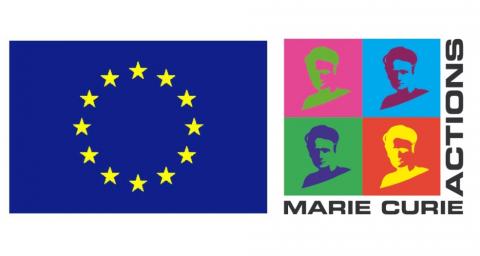The understanding of human brain development is a crucial challenge in today’s society. It is fundamental to determine appropriate political and social policies in Education and Health for the future of our society: our children. Specifically, we need to be able to measure and understand how basic cognitive processes, such as the Executive Function (EF), operates in children. Basic research in visual foraging tasks has revealed essential knowledge about EF in adults, but it has never been applied in children. In the present project, I will apply for the first time in psychological science an innovative and  multidisciplinary, theoretically-based paradigm to understand and measure EF in children: foraging. The research is based on theoretical models, behavioral data, eye-movement recordings and neuroimaging (fMRI). At my TC host, Wolfe’s Lab (Harvard), we will create new child-friendly, videogame-based foraging tasks, and I will be trained in foraging and eye-movement data analyses. With my Host at Cambridge University, in Kourtzi’s Adaptive Brain Lab, we will assess the new tasks to determine their validity and applications to train EF in children by means of behavioral and neuro-functional measures using fMRI. My aim is to advance the theoretical knowledge about EF processes in children, and improve cognitive assessment products. Commercialization of the newly developed tests will be exploited together with the industrial partner, Cambridge Cognition, a company producing cognitive assessment tools. I will be trained in the different steps of preparing a business plan to transfer our product to society. The outcome will be significant for the development of technology, products, and strategies to meet the needs of the youngest members of our population.
multidisciplinary, theoretically-based paradigm to understand and measure EF in children: foraging. The research is based on theoretical models, behavioral data, eye-movement recordings and neuroimaging (fMRI). At my TC host, Wolfe’s Lab (Harvard), we will create new child-friendly, videogame-based foraging tasks, and I will be trained in foraging and eye-movement data analyses. With my Host at Cambridge University, in Kourtzi’s Adaptive Brain Lab, we will assess the new tasks to determine their validity and applications to train EF in children by means of behavioral and neuro-functional measures using fMRI. My aim is to advance the theoretical knowledge about EF processes in children, and improve cognitive assessment products. Commercialization of the newly developed tests will be exploited together with the industrial partner, Cambridge Cognition, a company producing cognitive assessment tools. I will be trained in the different steps of preparing a business plan to transfer our product to society. The outcome will be significant for the development of technology, products, and strategies to meet the needs of the youngest members of our population.
Marie Curie Global Fellowship to Beatriz Gil Gómez de Liaño: H2020-MSCA-IF-2017, FORAGEKID.

